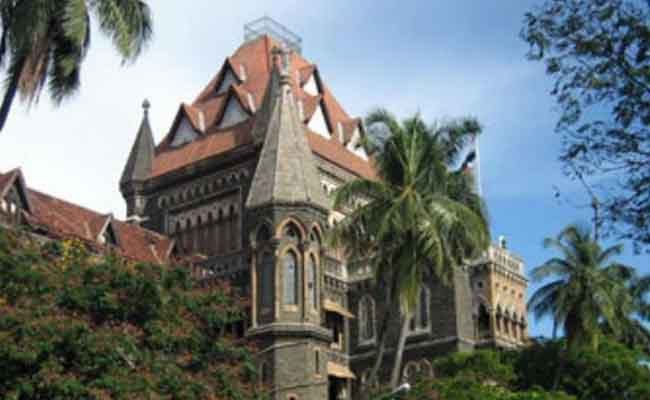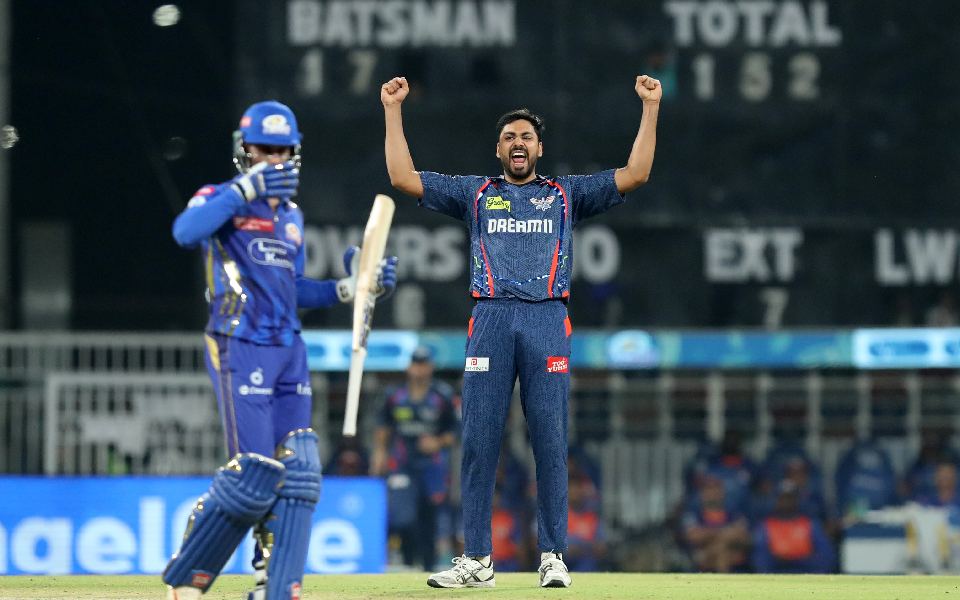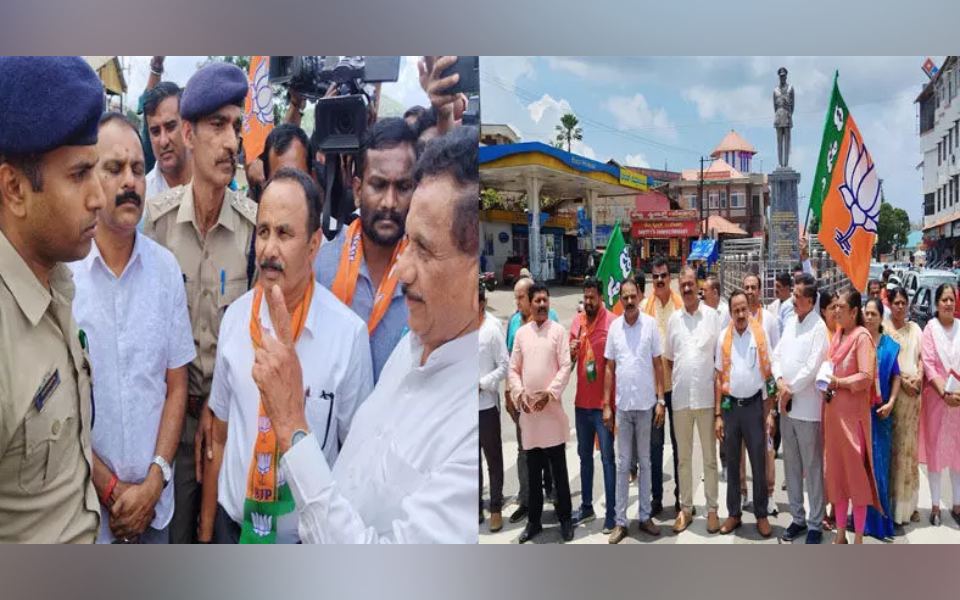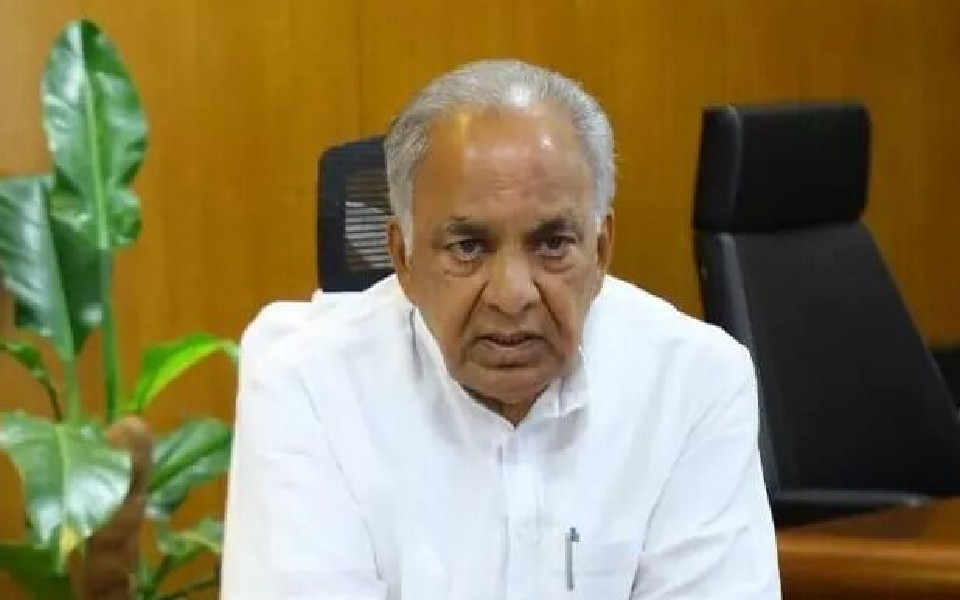Mumbai (PTI): The Bombay High Court has sought to know from the Mumbai University if it can permit a convict in the 7/11 serial bomb blasts case to take his law examinations online.
A division bench of Justices Makarand Karnik and Kamal Khata on Friday said owing to security reasons, the situation may warrant to permit the candidate, Mohammed Sajid Marghoob Ansari, to appear for his exams online.
On July 11, 2006, seven bomb blasts occurred in coaches of some local trains in Mumbai, killing 189 persons and injuring 824 others.
In September 2015, a special court convicted Ansari and others in the blasts case.
Ansari had sought permission to appear for the second semester law examinations held by the Siddharth Law College in south Mumbai from May 3 to May 15.
The court then permitted him to physically appear for the exams and directed the Nashik central prison authorities to take him to the college on the exam dates.
On May 10, Ansar moved an application saying he could not appear for the papers held on May 3 and 9.
The prosecution said despite genuine efforts made by the Nashik central prison authorities, Ansari could not be taken to the college on time.
The bench directed the prison superintendent to file an affidavit by June 5, stating why there was a delay.
The court also asked advocate Rui Rodrigues, appearing for the Mumbai University, if Ansari could be permitted to appear for the exams online to which he said there was no such facility.
In the peculiar facts as in the present case, the situation may warrant, having regard to the security concerns, to permit the candidate to appear through the online mode, the HC said.
The court directed the Mumbai University to clarify its stand for permitting such candidates to appear through the online mode.
"We request the competent authority of Mumbai University to look into this aspect and after consulting with all concerned, including the ATS (Maharashtra Anti-Terrorism Squad), place its stand on record," the court said.
The bench also asked the university to say if the two exams that Ansari missed owing to circumstances beyond his control could be rescheduled.
The high court posted the matter for further hearing on June 10.
In 2015, Ansari got permission from the court to pursue the law degree course.
In 2023, he got permission to appear for the first semester exams.
The high court while granting permission to Ansari to appear for the second semester exams noted that he has undergone actual imprisonment for more than 17 years and during his incarceration pursued further education.
The prosecution opposed his plea claiming he was a high risk prisoner convicted on serious charges.
Let the Truth be known. If you read VB and like VB, please be a VB Supporter and Help us deliver the Truth to one and all.
Guwahati, Apr 4 (PTI): The Assam cabinet has decided to lift all cases pending against people from the Koch Rajbongshi community in the Foreigners' Tribunals, Chief Minister Himanta Biswa Sarma said on Friday.
They will also no longer carry the tag of 'D' or doubtful voters, he said.
''There are 28,000 cases pending in different Foreigners' Tribunals in the state against people of the community. The cabinet has taken a historic decision of lifting the cases with immediate effect,'' Sarma said at a press conference here after the cabinet meeting.
The government believes that the Koch Rajbongshis are an indigenous community of the state and they are an inextricable part of ''our social and cultural fabric'', he asserted.
The people of this community are poor and have suffered a lot over the years, he said.
''They will no longer carry the tag of foreigners or ‘D’ voters,'' the CM said.
Foreigners Tribunals are quasi-judicial bodies, particularly in Assam, established to determine if a person residing in India is a "foreigner" as defined by the Foreigners Act of 1946, based on the Foreigners (Tribunals) Order of 1964.
These tribunals are designed to address matters related to citizenship and the presence of “foreigners” in India, specifically focusing on cases where someone is suspected of being an illegal immigrant.
There are 100 Foreigners’ Tribunals across Assam.
The Koch Rajbongshis have a sizeable presence in Assam, West Bengal, Meghalaya, and parts of Bangladesh, Nepal, and Bhutan, and they demand Scheduled Tribe status.





